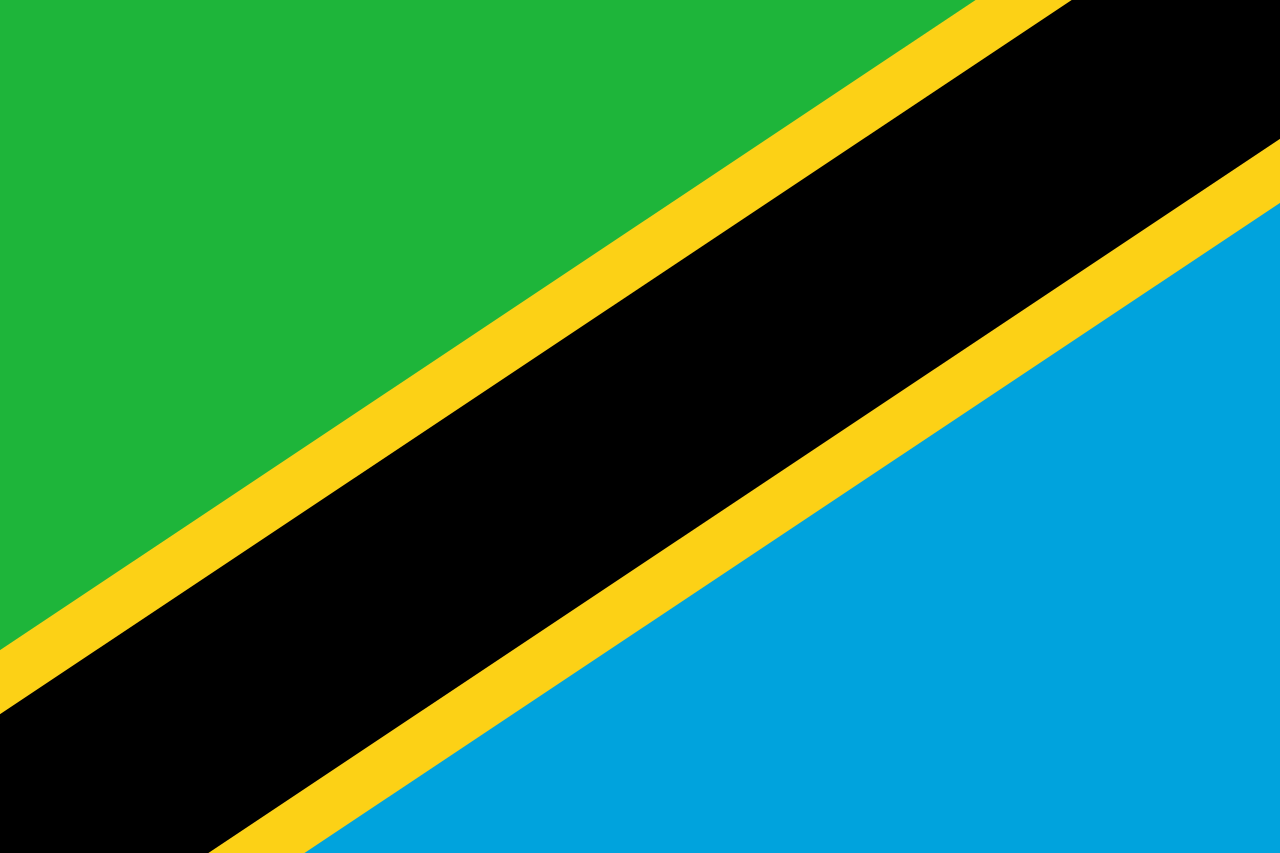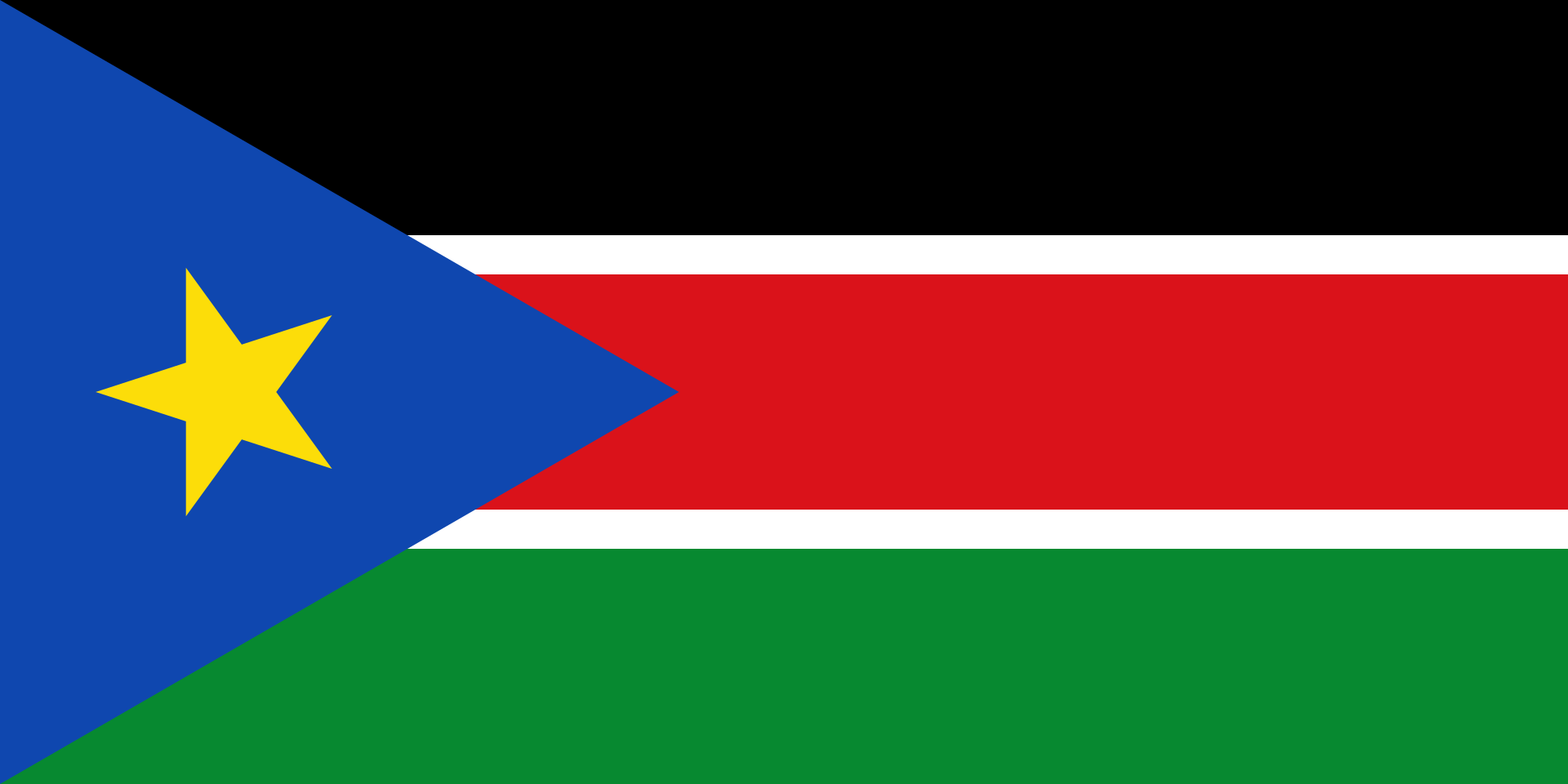South Sudan's justice ministry on Monday launched a specialized cybercrime public prosecution attorney and court to investigate and prosecute crimes committed online.
Addressing a press conference during the launch in Juba, Gabriel Isaac Awow, Acting Undersecretary in the ministry of Justice and Constitutional Affairs said crimes committed online have been a concern to the government over the last ten years.
“The issue of information technology has become an issue of concern to all of us, especially within the last ten years. Many of us have experienced many crimes committed by either a device or misuse of a computer. So the ministry of Justice as an institution mandated to enact laws has done a very comprehensive comparative study on how we can be positioned to enact a law to govern the issue of information technology,” Isaac said.
He stressed that the Cybercrime and Computer Misuse Provisional Order 2021 signed into law by President Salva Kiir in May last year, will apply to all South Sudanese and foreign nationals living in the country.
Isaac revealed that South Sudan is negotiating with other countries to allow perpetrators of cybercrime to be brought to South Sudan for trial.
“We are trying now to negotiate with many countries regionally and globally to sign at least extradition or mission assistance so that those countries if there are people who committed crimes and they are in those countries they can be brought back home to face the law,” Isaac noted.
However, he acknowledged that that would not come without its challenges. "The problem is that there are people who have three nationalities if you manage to get him from Uganda, you will discover that he or she is an American then the American will say no, this is our man.”
According to him, the perpetrators will be prosecuted using the Cybercrime and Computer Misuse Provisional Order 2021. - Radio Tamazuj








